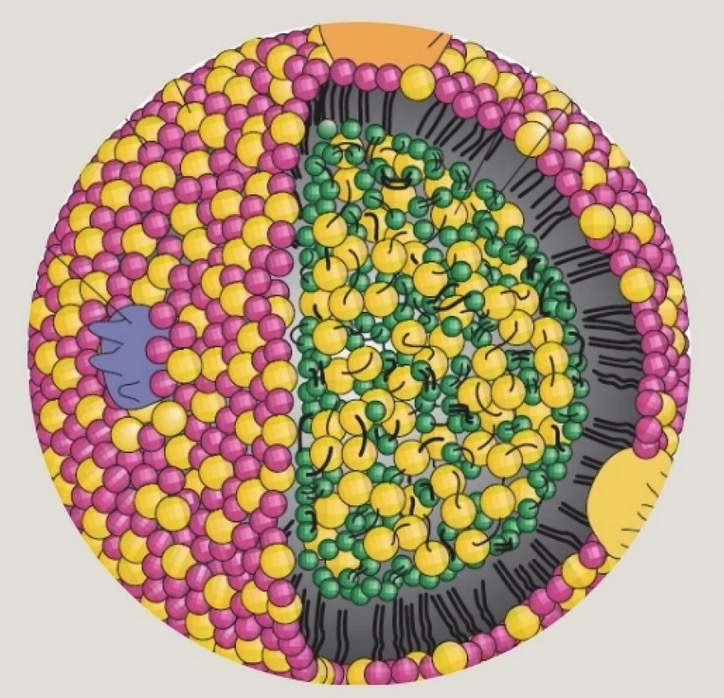Globally, there is an increasing prevalence of non-communicable diseases. The morbidity and mortality from these conditions confer a greater economic societal burden. Epidemiological research associates insulin resistance in the etiology of these diseases, but there is limited evidence for the mechanism of damage. Emerging research suggests that hyperinsulinemia, a symptom of insulin resistance, may cause these pathological changes, and therefore be an independent contributor to these diseases. This review shows that hyperinsulinemia, or excessive insulin secretion, should be considered independently to insulin resistance, defined as glucose uptake rate, even though the two conditions are intertwined and will co-exist under normal conditions. Hyperinsulinemia directly and indirectly contributes to a vast array of metabolic diseases including all inflammatory conditions, all vascular diseases, gestational and type 2 diabetes, non-alcoholic fatty liver disease, obesity and certain cancers and dementias. The mechanisms include increased production of: insulin growth factor-1; reactive oxidative species and advanced glycation end-products; and triglyceride and fatty acids. Hyperinsulinemia also directly and indirectly affects many other hormones and cytokine mechanisms including leptin, adiponectin and estrogen. There is limited research standardizing the hyperinsulinemia diagnostic process. Methodological concerns and lack of standardized reference ranges preclude the use of fasting insulin. Most research has also focused on insulin resistance and it is unknown whether these methods translate to hyperinsulinemia.
Full Paper at https://doi.org/10.15562/diabesity.2015.19


TG/HDL = 1.0 as at July last year
I expect it to be better next time
Wow, thats really impressive. Awesome work.
Given that, I don’t think you have to worry about one slightly elevated glucose reading.